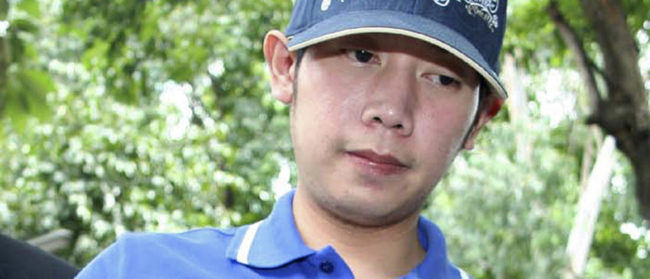Singapore, July 11, 2020. It was a night like no other.
Red flags whirled through the early hours as supporters of the opposition Workers’ Party (WP) cheered and leapt to the rhythmic beating of drums.
Clad in T-shirts and flip-flops and swigging bottles of beer, Singaporeans near and far gathered at the party’s defacto headquarters – a coffee shop in the heartlands of Singapore’s Hougang neighbourhood – to bear witness to the results of a landmark election.
The opposition party had just clinched a record 10 elected seats in Parliament, up from the previous six. This was momentous for Singapore, where the dominance of the ruling People’s Action Party (PAP) had been hard to challenge for more than five decades. In an unprecedented move, WP’s chief Pritam Singh was also named Leader of the Opposition, the first such appointment since the nation’s independence in 1965.
To democracies elsewhere in the world, the WP’s gains may hardly be worth shouting about. But in Singapore, this was held up by many as an unprecedented breakthrough for the opposition, and a sign of shifting priorities among the city-state’s electorate, given the incumbent’s record of dominance.
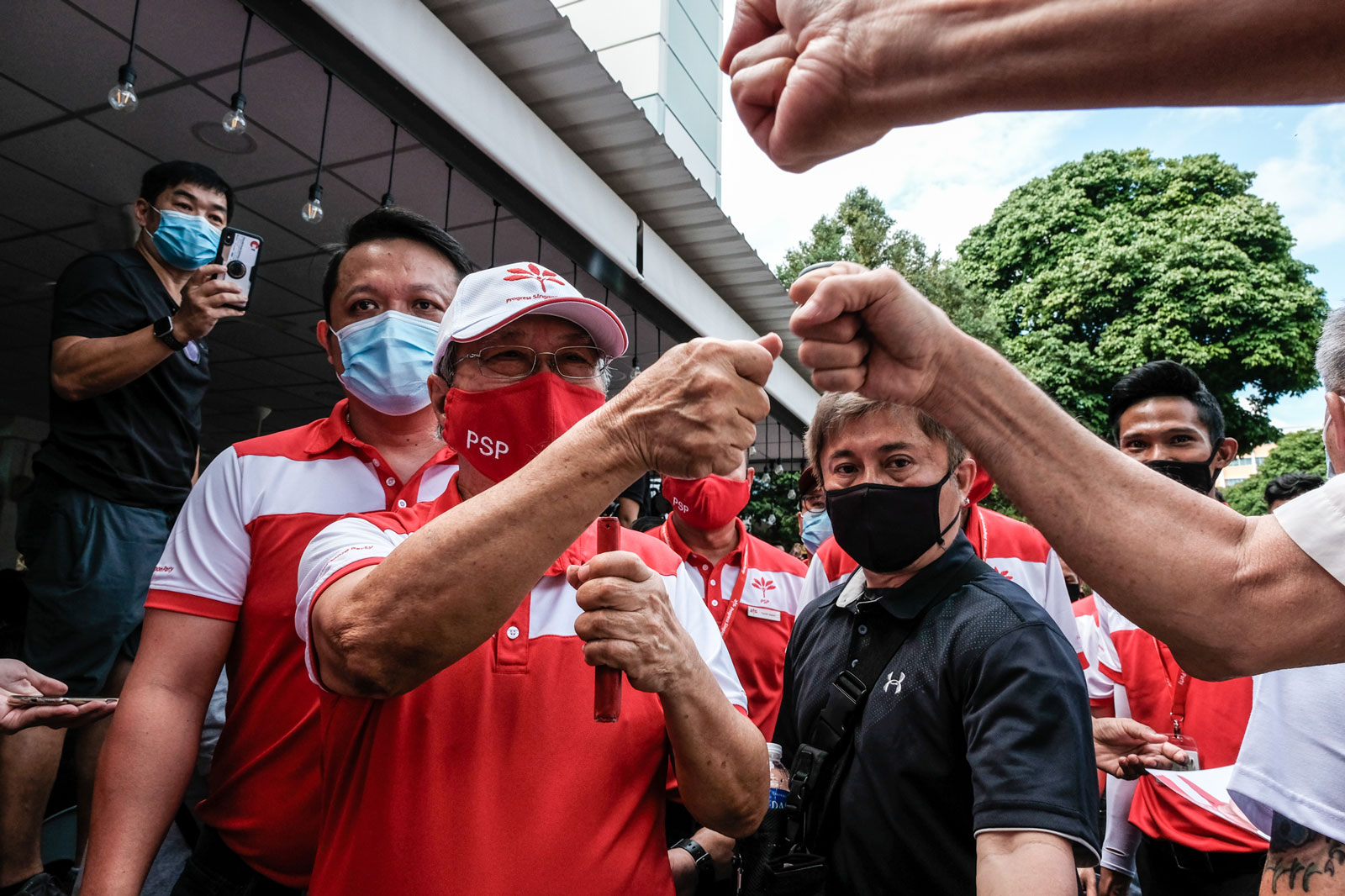
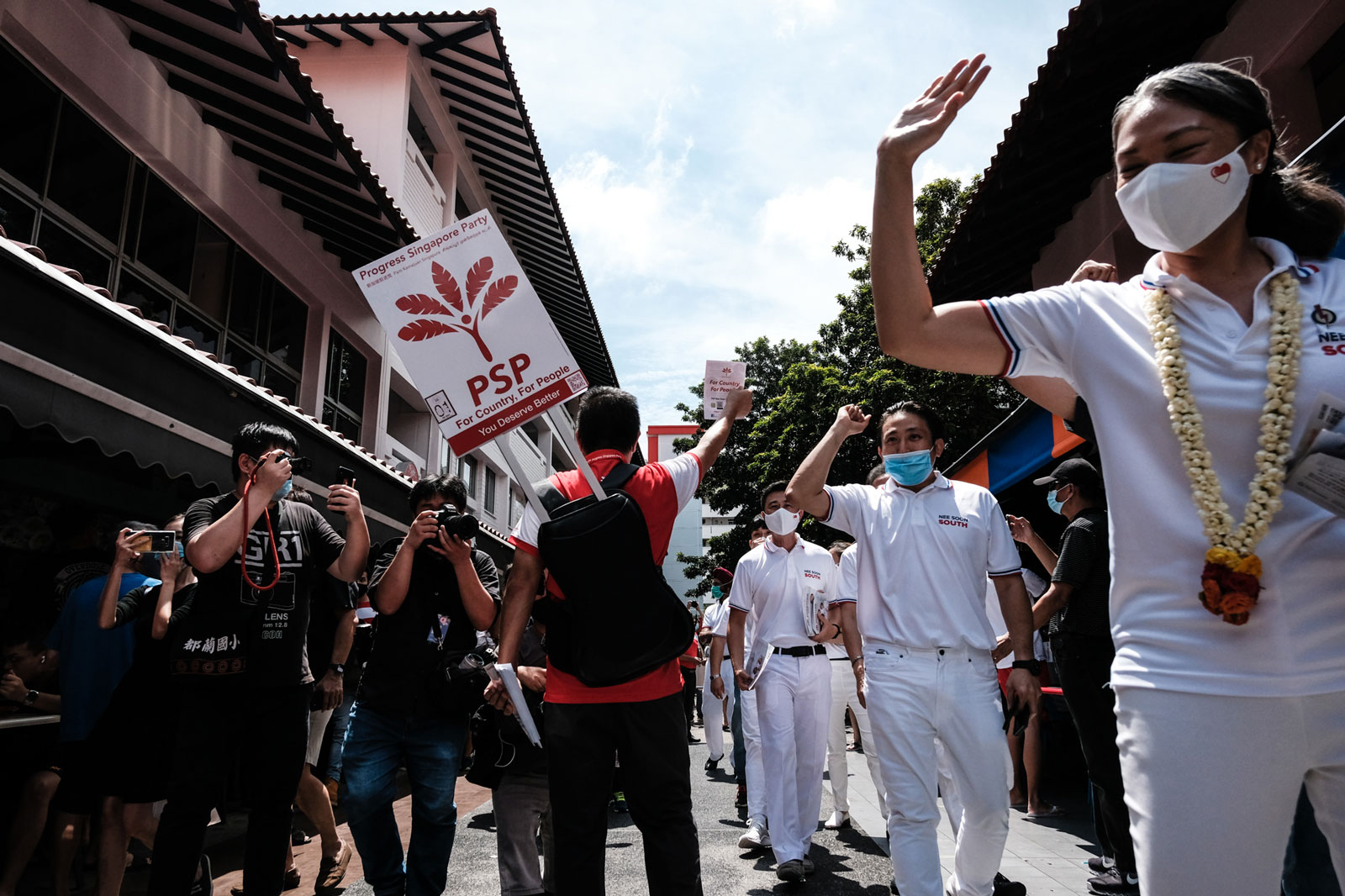
All of a sudden, the supporters broke into song – the national anthem. Its stirring melody and lyrics in Malay envision Singaporeans moving ‘toward happiness together’
This yearning for change was evident in Hougang. Being in the midst of a pandemic and the presence of police officers did nothing to dampen the heady elation, as normally gruff uncles and millennials kept their arms around each other, chanting “Ole! Ole!” hoarsely through their masks. Even the drivers passing through sounded their horns in unison, eager to soak up this rare, rowdy display of political triumph.
It was like a scene out of Les Miserables, a seminal period piece depicting the strife for political freedom and cultural pluralism in France in the early 19th century. Except that the fanfare before us was set in a city-state which has sometimes been labelled as politically sterile, and where its people have been criticised for being fixated on the paper chase and material comforts.
All of a sudden, the supporters broke into song – the national anthem. Its stirring melody and lyrics in Malay, Singapore’s national language, envision Singaporeans moving “toward happiness together”. “Onward Singapore”, the people belted out.
For believers of democracy, this was probably a fitting theme for the time and place. Hougang, after all, has been enshrined by opposition politicians as the “beacon of democracy” – it has remained a WP stronghold for almost three decades and was the opposition’s best-performing constituency in these most-recent polls. The WP also retained its five parliamentary seats in Aljunied, in the east of Singapore.
Prior to polling day, many had thought the election, held amidst the Covid-19 outbreak, would be a cakewalk for the ruling party and expected Singaporeans to vote for a flight to safety.
But while the PAP retained its supermajority in Parliament, it eked out just 61.2% of the popular vote in its third-poorest electoral performance since independence (the party fared worse in 2011 and 1991, with 60.1% and 61% of the vote, respectively).
Beyond that, the WP also made inroads to neighbouring Sengkang, known to house a relatively young, middle-class population. In doing so, the opposition knocked out three political office-holders, a major loss to the incumbent’s leadership team.
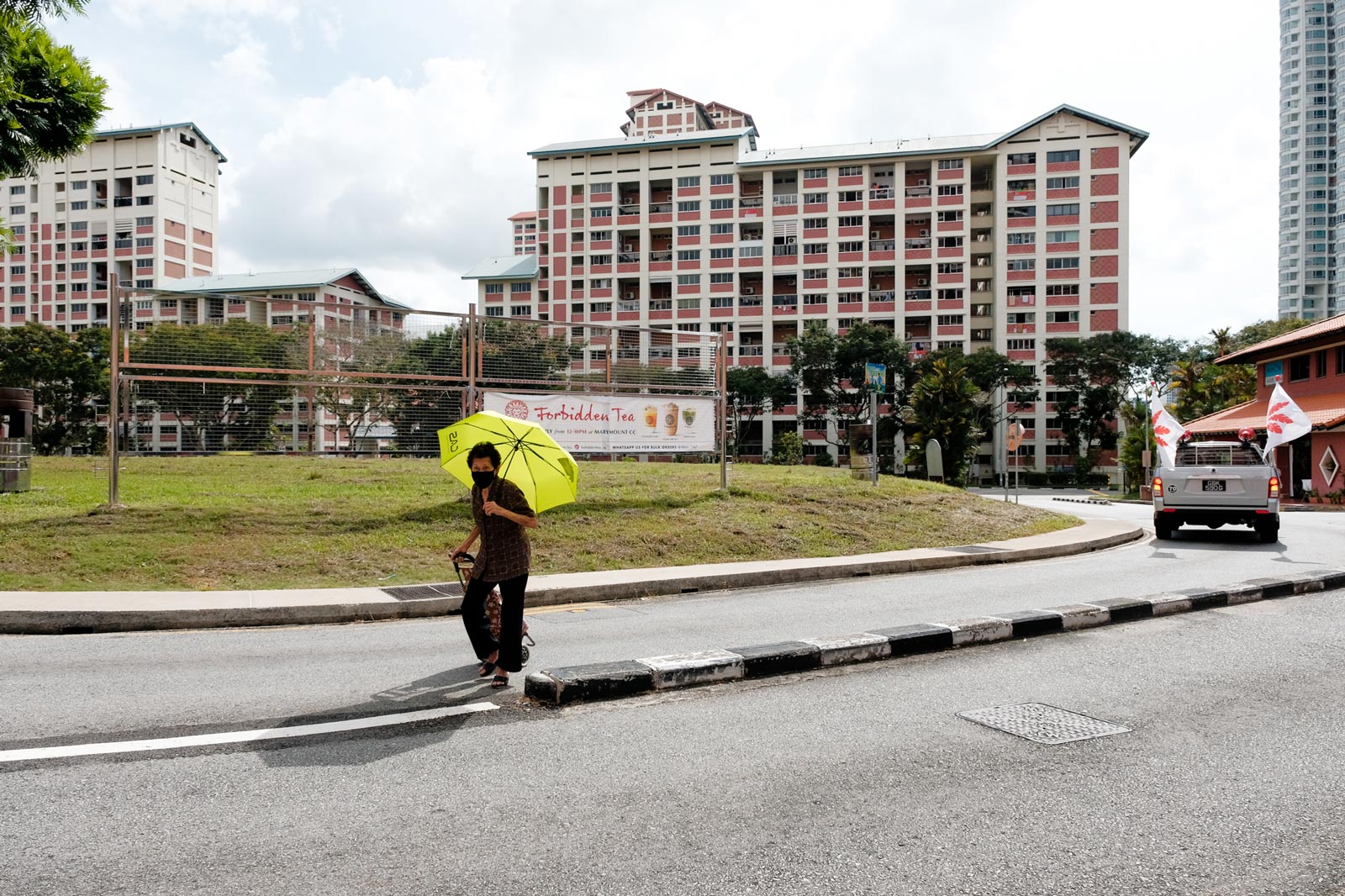
They yearn for a society built on compassion, mutual aid, justice, and equity; for policies that protect the most marginalised and cater for a growing plurality of jobs, ideas, sexual orientations
While there are no publicly available sources to determine voting patterns by demography, many observers felt that the younger voters’ desire for checks and balances fueled part of the vote swing against the PAP.
Singapore’s Prime Minister Lee Hsien Loong, too, acknowledged in a media conference after the results that the outcome reflected a desire by younger voters for a greater opposition presence in Parliament.
For some among the younger generation of voters, these results may make room for more progressive politics. In this reimagined future, they envision healthy discourse and activism, where differing ideas are not outrightly dismissed or criticised. They yearn for a society built on compassion, mutual aid, justice, and equity; for policies that protect the most marginalised and cater for a growing plurality of jobs, ideas, sexual orientations.
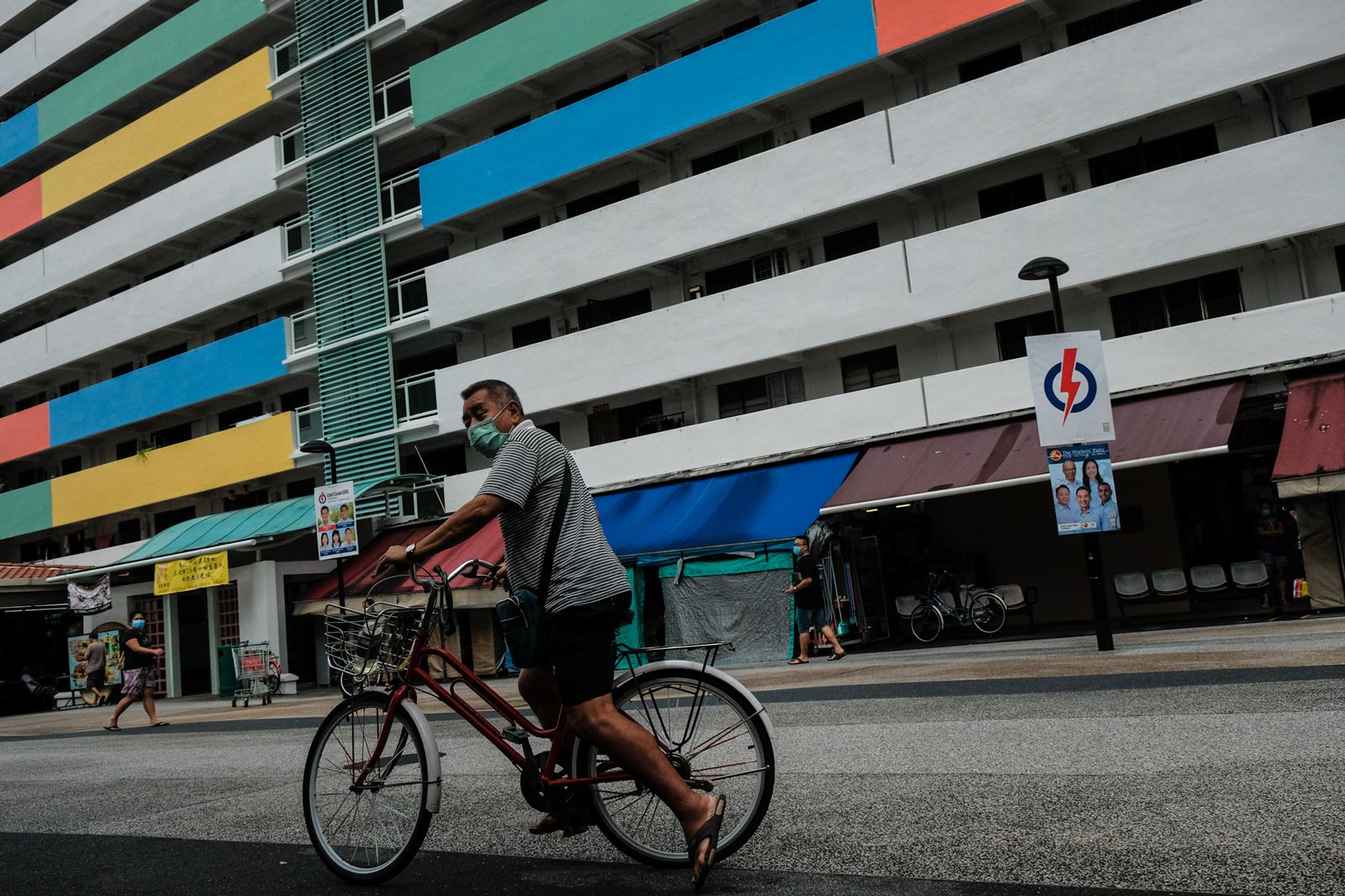
“I never felt apathetic, but I did grow up feeling like there was no viable alternative,” says photographer and Sengkang voter Charmaine Poh, citing a history of walkovers in several electoral divisions.
Not having studied much of Singapore’s political system or history in school, it was only in university when she began reading up on historically sensitive events like Operation Coldstore in February 1963, a major crackdown on those perceived as communist sympathisers plotting to subvert the government.
“There was definitely an atmosphere that frowned upon being politically engaged,” said Charmaine. “There was this belief that there were pragmatic concessions to be made in every form of governance, and that ideological concerns were irrelevant and foolish Western liberal thought. It continues today, but I think the tide is changing, and we have Gen-Z to thank,” said Charmaine.
The PAP’s seemingly high-handed and elitist approach rankled some. Not only had its recent handling of Covid-19 outbreak in migrant worker dorms ruffled some feathers, a minister’s refusal to apologise because she had not “come across one single migrant worker himself that had demanded an apology” was perceived as out of touch. They also pointed to a sense of dismissiveness towards systemic inequality, class and struggles of the LGBTQ community.
Over the past few years, new laws and constitutional amendments were perceived to have been bulldozed through, including changes to the elected presidency and anti-fake news law Pofma (Protection from Online Falsehoods and Manipulation Act). Some vocal critics have also been singled out by the PAP for being unpatriotic, while others have been investigated by the police and sued by the establishment. Several dissidents have also moved out of Singapore.
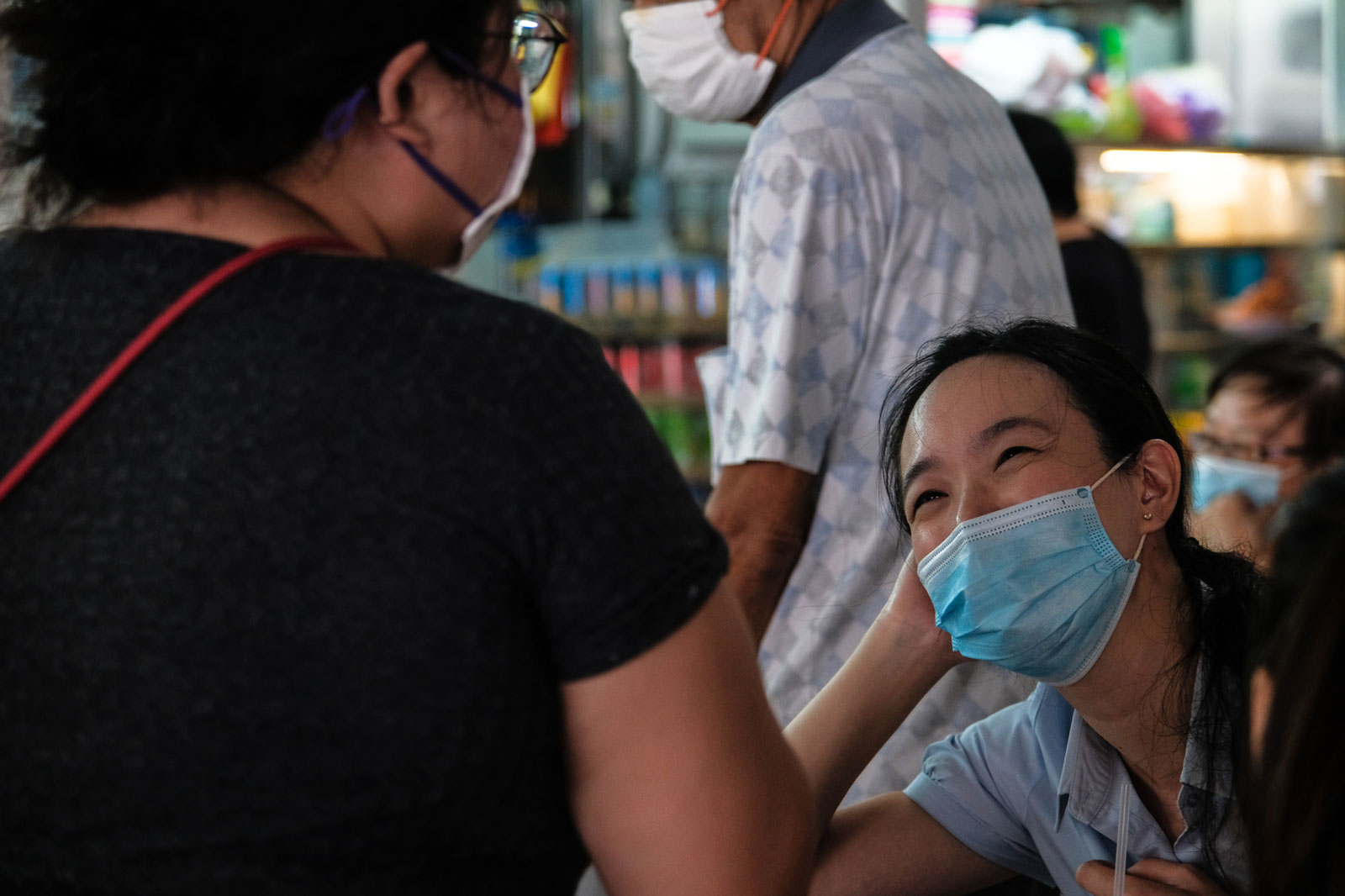
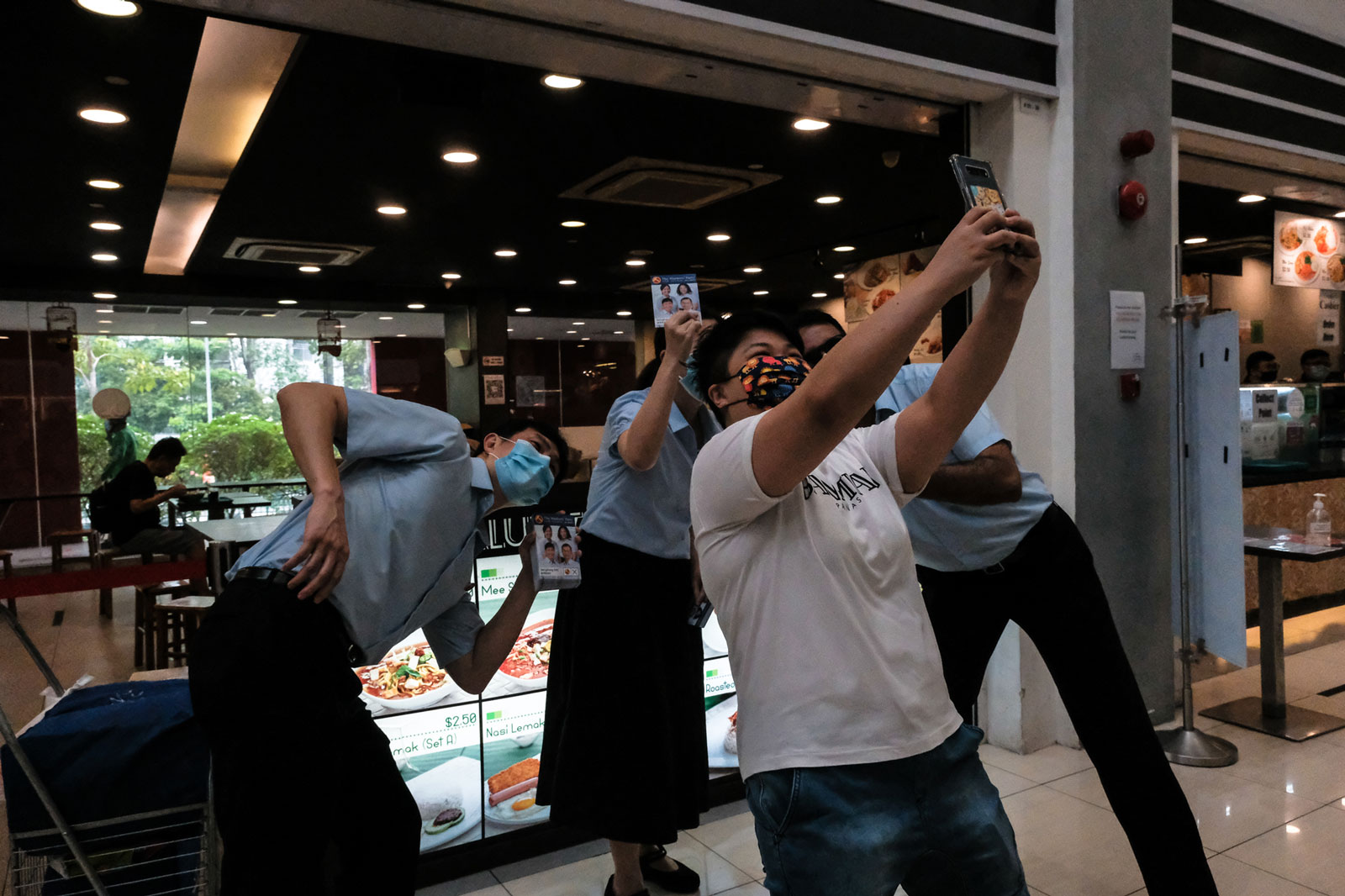
“It’s the result of a one-party bubble, and the power is too asymmetrical,” said Charmaine.
Hougang resident, Maddy Ng *(not her real name), voted for the opposition as she felt PAP’s GE2020 campaign was filled with “petty politicking” and bullying”.
While Maddy acknowledged the good the PAP has done for Singapore, she said the party needs a more “consultative, rather than hardline, prescriptive” approach. “[Our] generation is less tolerant of the one-size-fits-all approach, and the old definitions of what constitutes fairness, success, quality of life.”
She wanted WP to win by a large margin and not “just scrape by”. She said, “I wanted a signal to the incumbent that people are not satisfied with the status quo … that their old tired ways of doing things just cannot work anymore.”
Like her, WP volunteer Shawn Lim said he was tired of the ruling party’s character assassinations of political opponents such as portraying opposition members as ‘liars’ or ‘racists’.
Shawn admits that he had little affinity with any party or politicians previously. To him, the ruling party’s age-old approach of fielding generals and senior civil servants and relying on paper qualifications just didn’t work anymore.
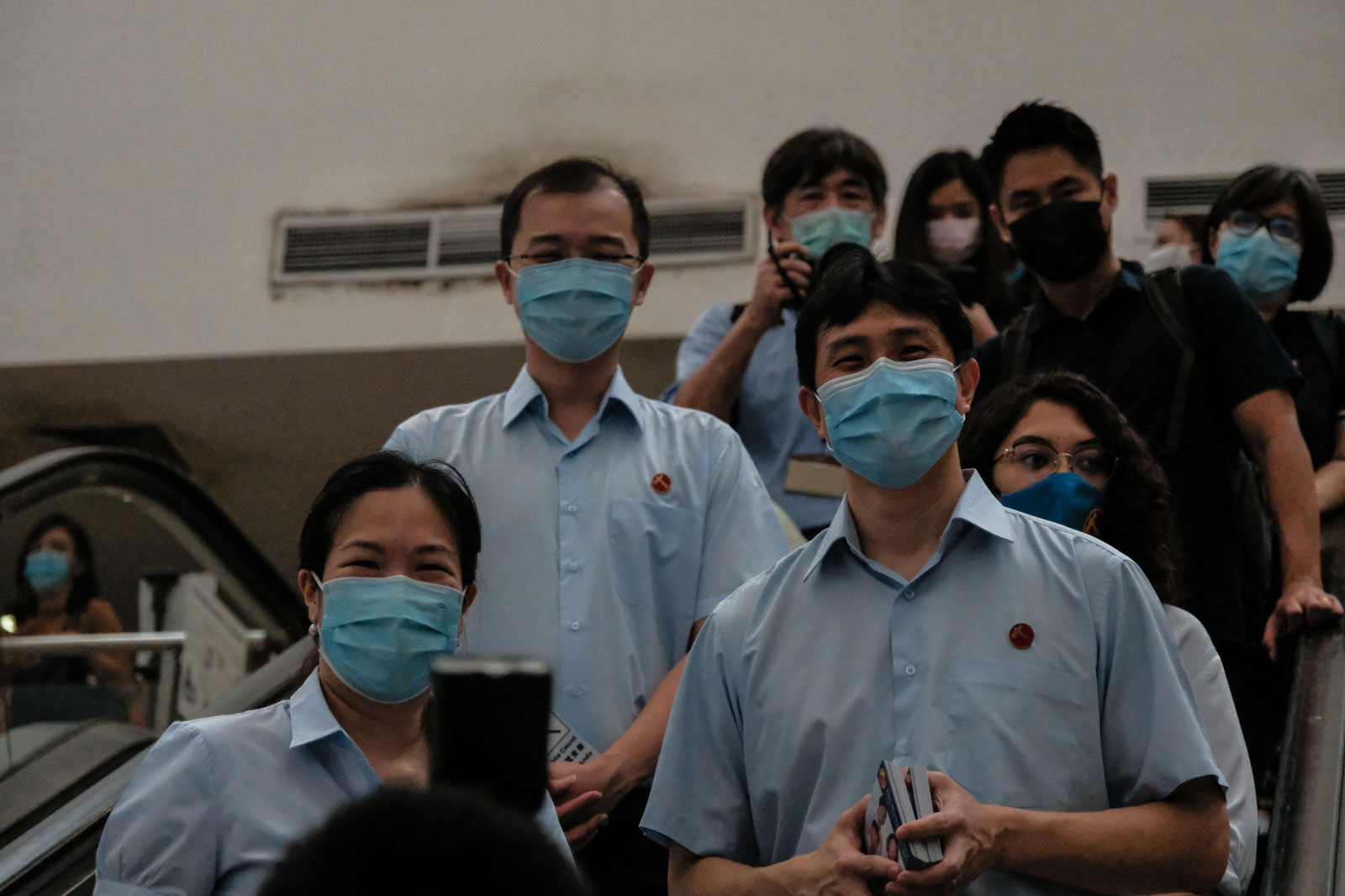
It was only after the WP put forward a slate of diverse and relatable candidates for this election – which included an economist, social activist, Grab driver and small business owner – that he decided to volunteer with the party in Sengkang.
During the campaign, Shawn recalled walking the housing blocks with other Gen Z volunteers, most of whom could only vote in the next election, along with Oxford students and Cambridge graduates.
“Together with this ITE [Institute of Technical Education] graduate, this is what the fight for the future of Singapore looks like,” he said, referring to the city-state’s vocational training centres, historically stigmatised in academically elitist Singapore.
But it was only on the last day of the campaign that he was hopeful the party “could somehow achieve the impossible”.
Although the WP did not publicise their walkabout at a mall, word got around and by the time the candidates arrived, residents clamoured to take selfies with them, all notions of social distancing forgotten. “The scene resembled a K-Pop meet-and-greet,” Shawn recalled.
“Sengkang is the future, where the next generation of voters want to fight for racial equality and progressive politics, values rejected by the PAP,” he said of the WP clinching this new constituency and the ruling party’s vote share dropping dramatically.
“They have shown that they do not care for PAP’s rhetoric and elitism, and reject their gutter politics.”
Singapore politicians of both stripes also consider the results a significant step in political progress for the nation.
Former WP parliamentarian Png Eng Huat, who served in the Hougang stronghold from 2012 until this year, said: “The inroads made by opposition parties in terms of parliamentary representation, albeit small, is encouraging enough to keep the democracy fire burning.”
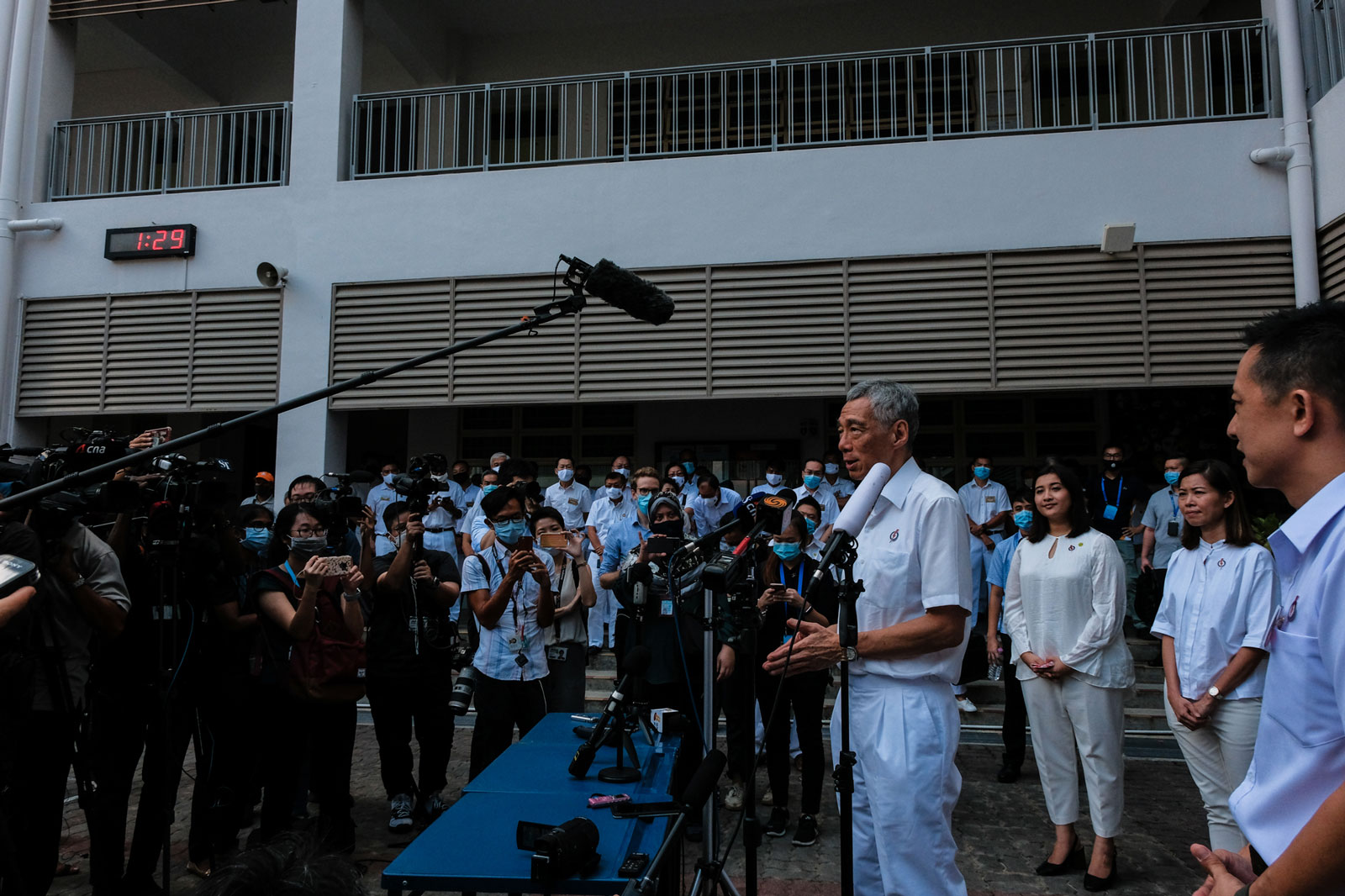
Inderjit Singh, a former parliamentarian with the PAP, described it as “huge development for democracy”, where Singaporeans have started to accept a two-party system. But Singh also cautioned against the polarisation of politics.
“It takes two hands to clap. So both the ruling party and the opposition have to be more constructive and not divisive … Singaporeans have shown maturity that they prefer the moderate parties over the ones that are more radical or far-left,” he said. Other opposition parties, such as the Singapore Democractic Party, tend to lean further left.
Despite their hopes for democracy and the need for freedom of speech, most interviewees still chose to remain anonymous when being quoted on the record.
“People are afraid to speak up publicly on their political viewpoints because of the flak it draws,” said opposition party volunteer Yeo. “I think the fear has been passed down from our parents and earlier generations, and our curriculum in school does skew it a bit more.”
Most Singaporeans will be unable to sustain their current levels of interest in politics, ‘no matter how excited they are by the prospect of change’
While Singapore has shown signs of growing political engagement and a more vibrant civil society, it’s unclear if people may fall back on apathy after the hustings.
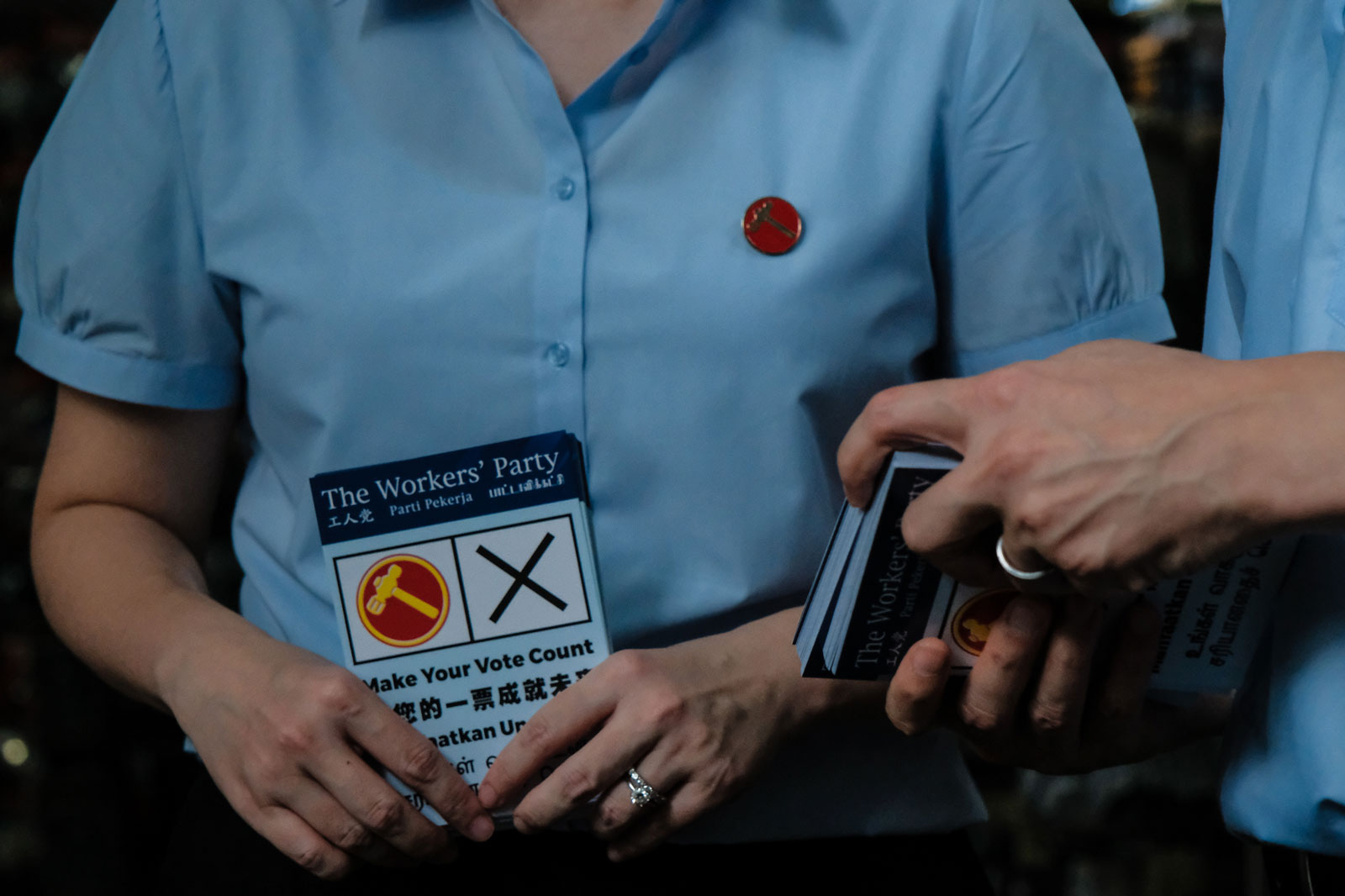
In a recent op-ed, academic Cherian George, professor of media studies at the Hong Kong Baptist University, wrote that after the excitement dies down, most Singaporeans will be unable to sustain their current levels of interest in politics, “no matter how excited they are by the prospect of change”.
For the most part, the 2020 elections gave a glimmer of hope to Aljunied resident and teacher Chloe Ng* (not her real name). She was buoyed by how Singaporeans can look beyond bread-and-butter issues to aspirational values and that the “seemingly unbeatable fortress the state has built up could be dismantled”.
Still, this idealism is tempered by pragmatism. A cloud of disempowerment hovers over Singapore’s path towards a stronger democracy, and some say they have been conditioned to want less for Singapore.
“In the midst of the hopefulness, there is still a sense of cautiousness and fear,” said Chloe. “It is merely a chip on the fortress and how citizens are going to dismantle the wall is the bigger issue.”


